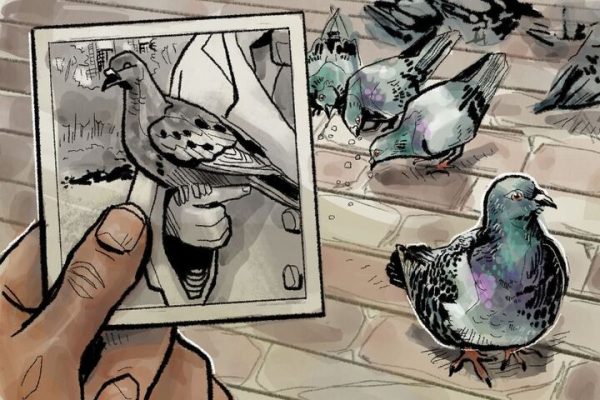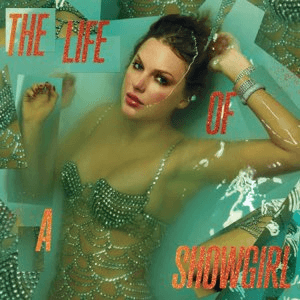What cancel culture?
You wake up one morning and it has happened again.
A hashtag is trending that spells the demise of some new celebrity offender – #soinsoiscancelled.
As ubiquitous as this social media trend is, it’s no surprise that ink has been spilled on the pros and cons of what we’re calling “cancel culture.”
Some people argue that high profile people who make mistakes, often the use of a slur, should be forgiven, particularly if the event happened in the distant past.
Others argue that people, especially those with influence, should be held accountable for their actions.
I would be more invested in one argument or another if I could think of a single example of someone who had been effectively “cancelled” who didn’t absolutely deserve it.
During the Renaissance of social awareness that has developed over the past decade (think #MeToo) the only person I can think of whose career is absolutely and forever dead is Harvey Weinstein.
He is a convicted serial rapist.
Cry me a river.
Beyond that human detritus, every high profile canceling in recent memory – Kevin Hart, Gina Rodriguez, Taylor Swift, Jeffrey Star – has faded into the static of the news cycle and usually has little lasting impact on the celebrity’s career. Even R. Kelly has a stalwart base of defenders and fans. Don’t get me started on that cooing, hand-stand addicted, domestic abuser known as Chris Brown.
If anything, the uproar over celebrity indiscretions are as performative and fleeting as the subsequent “apologies.”
The cancel culture debate raises substantial questions though.
Is boycotting an effective and ethical form of protest in the consumer realm of pop culture?
Can we, and should we, separate art from the artists?
As consumers our only power is often our spending power. Appreciating art made by an artist you don’t approve of is an inevitability. But when it comes to financial support, I think we have to make tough choices about what we buy and where.
How can we cancel a cancel culture that doesn’t exist?
Let’s start by actually canceling some folks.

Jeromiah Taylor is the former Opinion Editor for The Sunflower. He has served in this position since the Spring 2020 semester. Jeromiah has an overarching...









